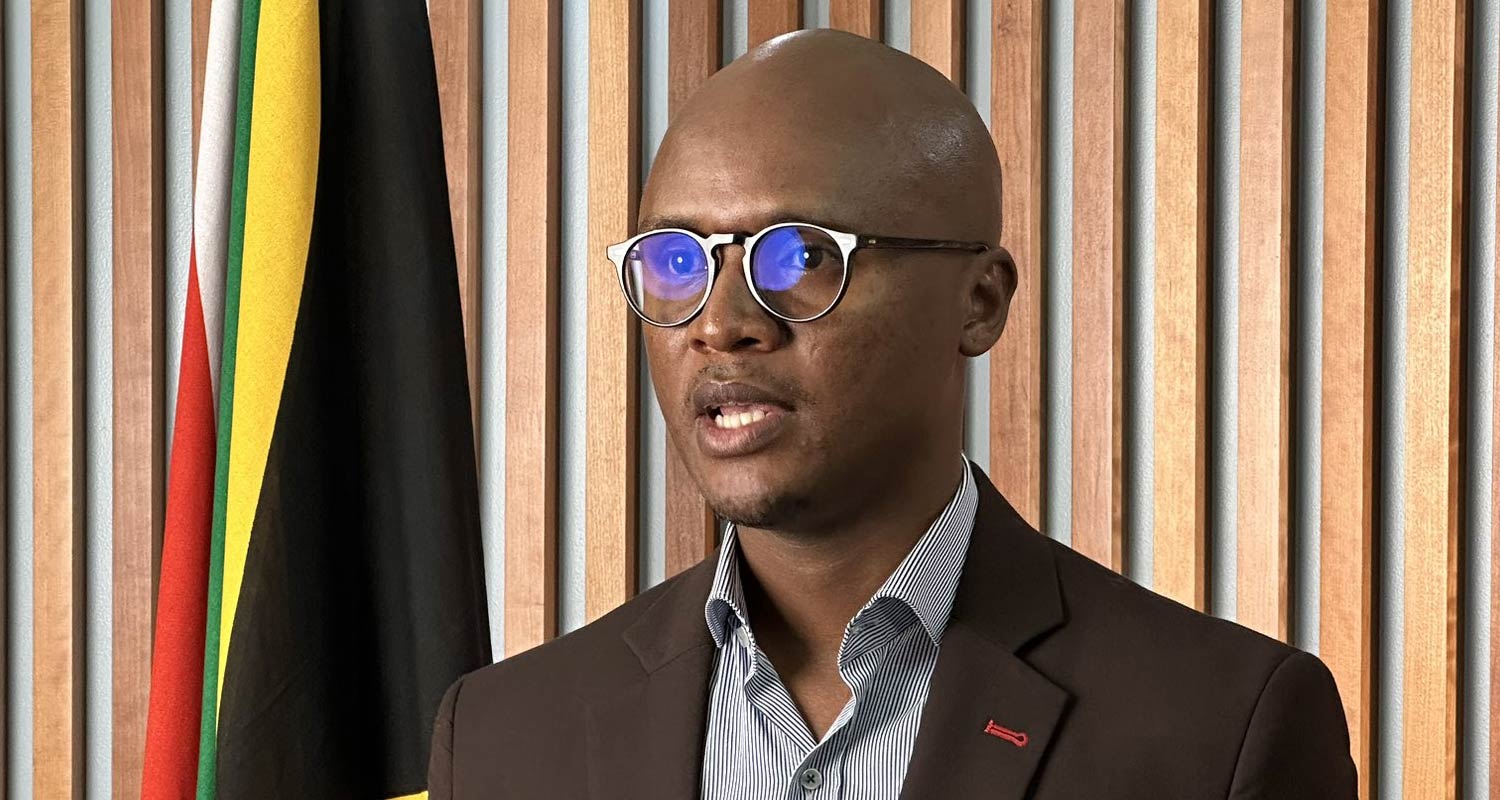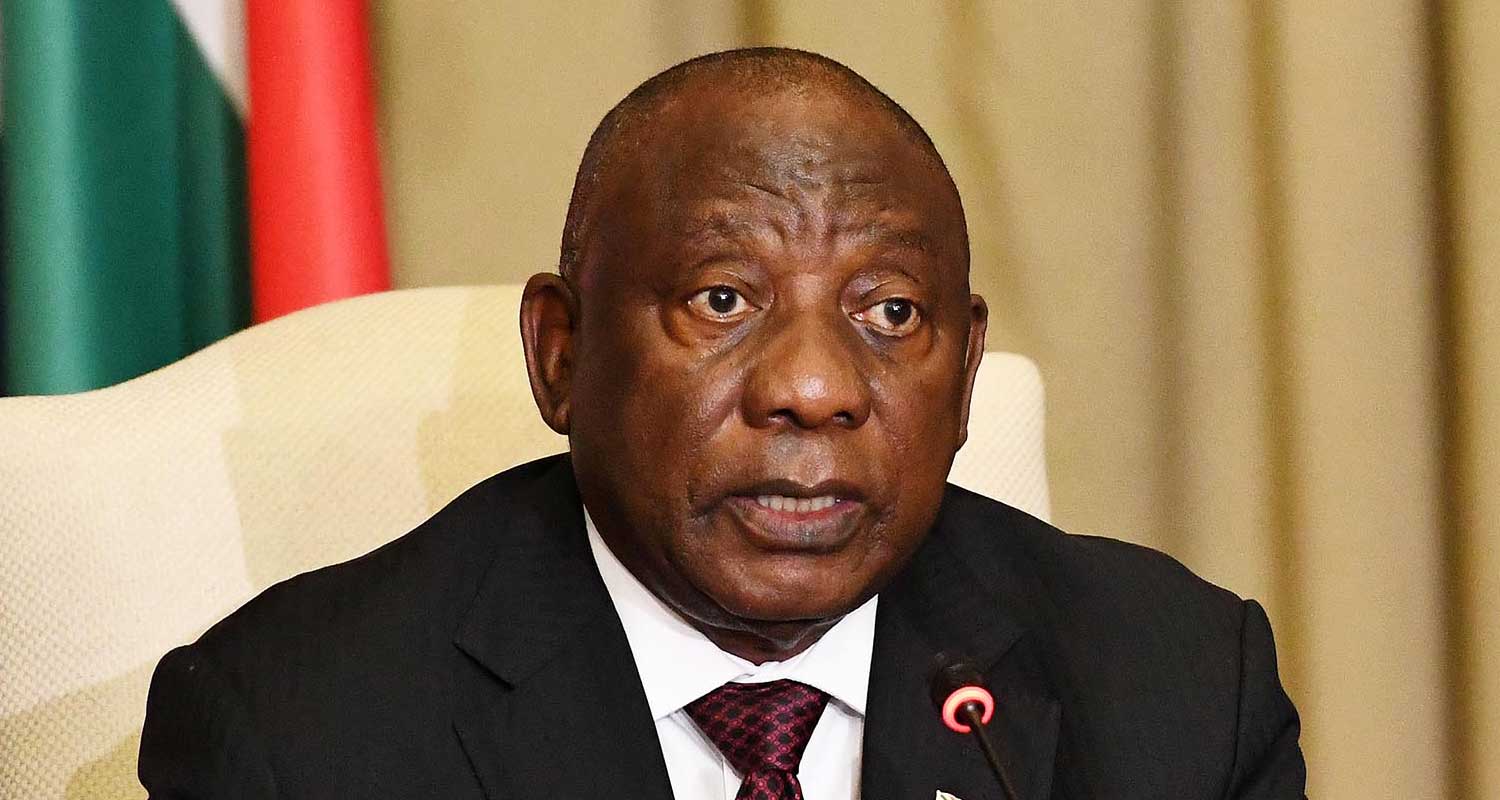The second phase of Operation Vulindlela will include a focus on reforms aimed at building public digital infrastructure and improving the visa system to attract skills into South Africa.
The primary goal of Vulindlela, which is a joint venture of the presidency and national treasury is to accelerate the implementation of structural reforms aimed at growing the economy.
Phase 2 of the programme was launched by President Cyril Ramaphosa at a media briefing on Wednesday. Ramaphosa said cabinet last month, as part of Vulindlela phase two, approved a digital transformation roadmap aimed at driving the adoption of digital technologies in government and “building digital public infrastructure that can be used by all South Africans”.
“Many other countries and governments in the world have already acceded to this – we are miles behind,” Ramaphosa said. “Many times, I have said that our people are far ahead; they are tech savvy and digitally capable, but government needs to catch up with where they are.”
The digital initiatives under the second phase of Vulindlela include a digital identity system, a government-led rapid payments platform “to expand financial inclusion for all”, and systems that will allow citizens to apply for an ID or passport online.
Key to enabling citizens to access government digital services securely is a planned digital document wallet that will enable authentication on various platforms, including healthcare and banking systems. According to the Vulindlela phase 2 document, digital wallets will store ID documents, birth certificates and educational certificates that will not require physical certification before being used.
Fragmentation
One of the issues hindering plans to offer digitised services across government is the fragmentation of state IT systems. To remedy this problem, Vulindlela aims to introduce a government data exchange to link and share information securely, with a view to streamlining applications that require the cooperation of multiple government entities.
“This will allow services such as grant applications and business permits to be processed faster and enable the government to suggest services such as linking grant recipients to opportunities, including education, training and job opportunities,” said the document.
Read: Ramaphosa’s digital dreams to butt heads with fiscal reality?
But there are challenges, with budgetary constraints chief among them. For the first time in South Africa’s democratic history, the drafting of the 2025/2026 national budget is currently in its third iteration following the rejection of a proposed 0.5% VAT hike aimed at funding a R75-billion revenue shortfall over the medium term. This means government will have to look to cut spending on key projects.
Ramaphosa said in his state of the nation address in February that the department of home affairs was critical to government’s digital reforms as this was where the digital ID system at the centre of government services would be implemented.

According to the budget review, home affairs has been allocated R13.4-billion for the 2025/2026 financial year. It also has a provisional allocation of a further R1.5-billion for “digitisation and human resource capitalisation”, which will be dispersed halfway through the year if and when the department “demonstrates readiness or meets specific conditions”, according to national treasury.
Home affairs, meanwhile, has formally applied to parliament for an exemption that would allow the department to divorce its IT operations from the embattled State IT Agency. Government departments are mandated by the Sita Act to source a number of “mandatory” IT services from Sita. With its position at the centre of government IT, Sita’s history of governance issues and corruption scandals threatens to crimple Vulindlela’s digital objectives.
Home affairs said its dependency on Sita has led to frequent outages and system downtime, delays in the procurement of IT services, and cost overruns that have impacted its already-constrained budget. Other departments, including police and justice, have voiced similar concerns about Sita.
Although Sita has denied many of these allegations, the organisation has come under intense scrutiny over its inability to meet its mandate. Communications minister Solly Malatsi in December called for the Public Service Commission to launch a formal investigation into governance issues at Sita.
On Wednesday, during a Standing Committee on Public Accounts (Scopa) meeting to review Sita’s financial performance, DA MP and Scopa member Patrick Atkinson questioned Sita’s ability to effectively provide IT services to government when the agency itself still relies heavily on paper-based systems. “How can a government department rely on you to provide their IT systems when Sita itself is unable to provide its own system?” he asked.
In the same meeting, Malatsi noted that the alleged lack of proper internal control systems at Sita – and other government entities – was not necessary a signal of incompetence or a lack of professionalism, but rather a deliberate attempt to circumvent accountability and open loopholes that allow corruption to spread. Ramaphosa echoed Malatsi’s sentiments that the Operation Vulindlela phase 2 launch.
Read: Scopa gives Sita a grilling
“The process of reform is never easy. It is often contested from the inside because there are vested interests of one sort or another. Everyone wants to hold on and to hog their area of work. Through Vulindlela, we will open it up, and we’ll continue to do so,” the president said. – © 2025 NewsCentral Media
Get breaking news from TechCentral on WhatsApp. Sign up here.
Don’t miss:
Home affairs launches faster, safer ID system for banks, social grants
Crédito: Link de origem


